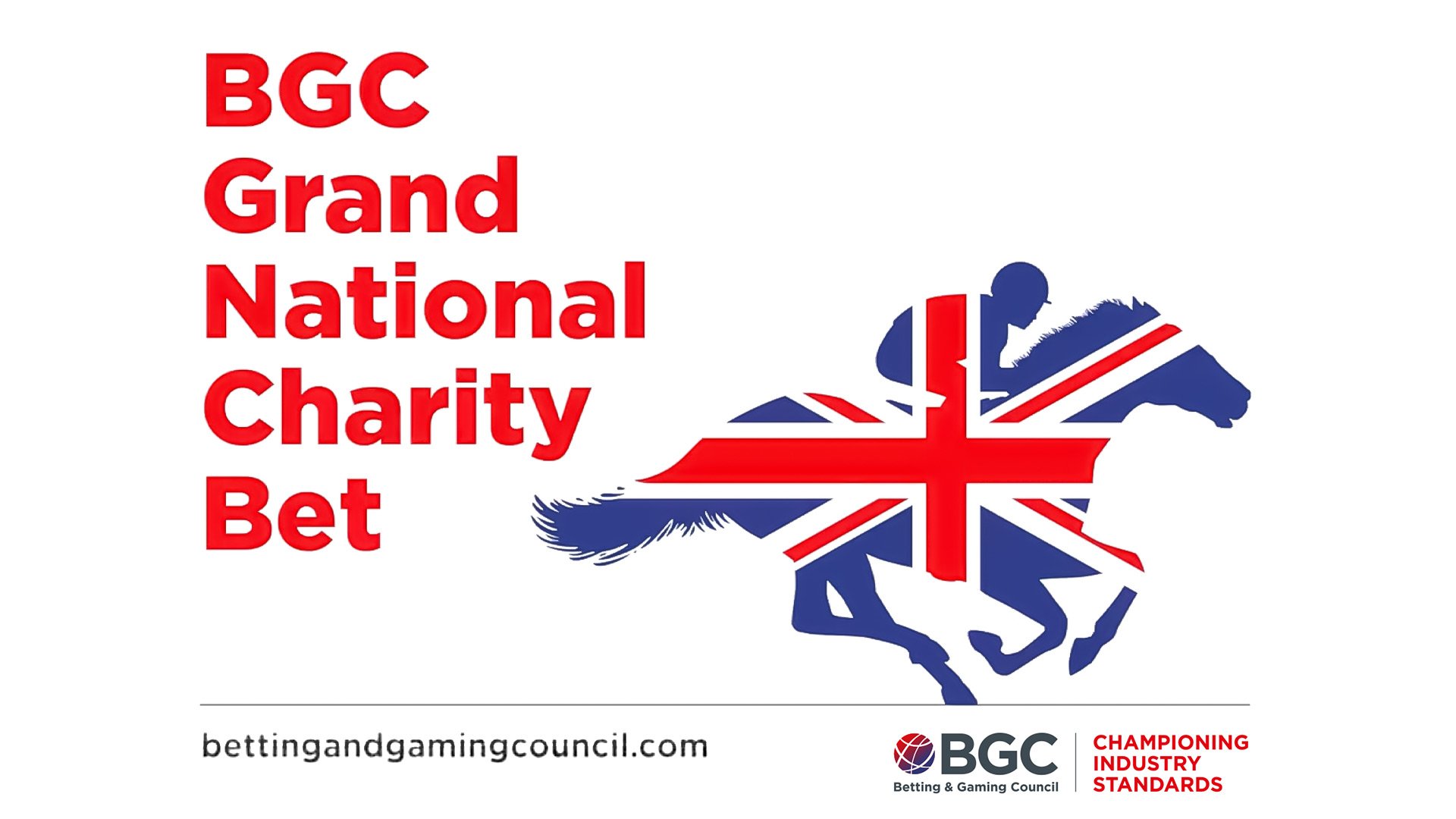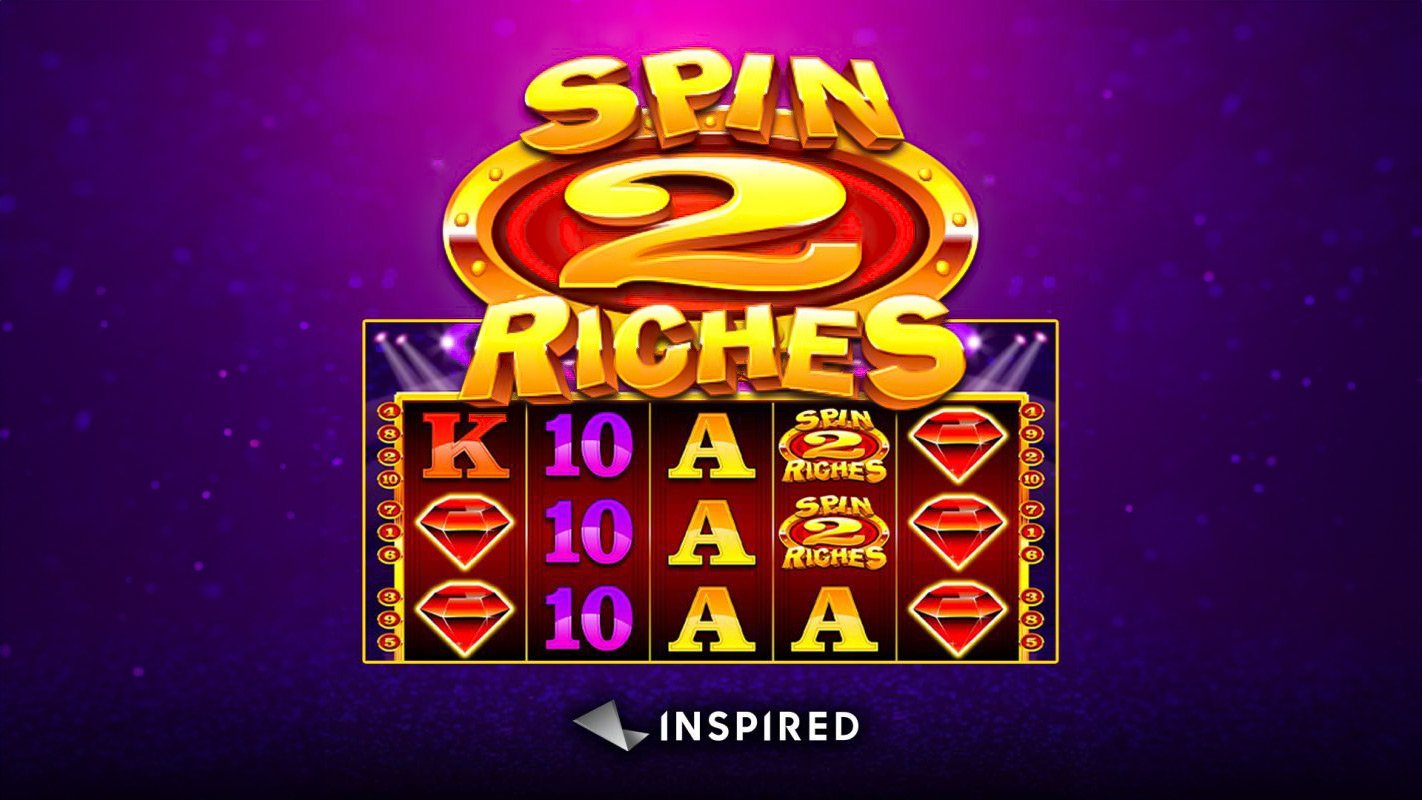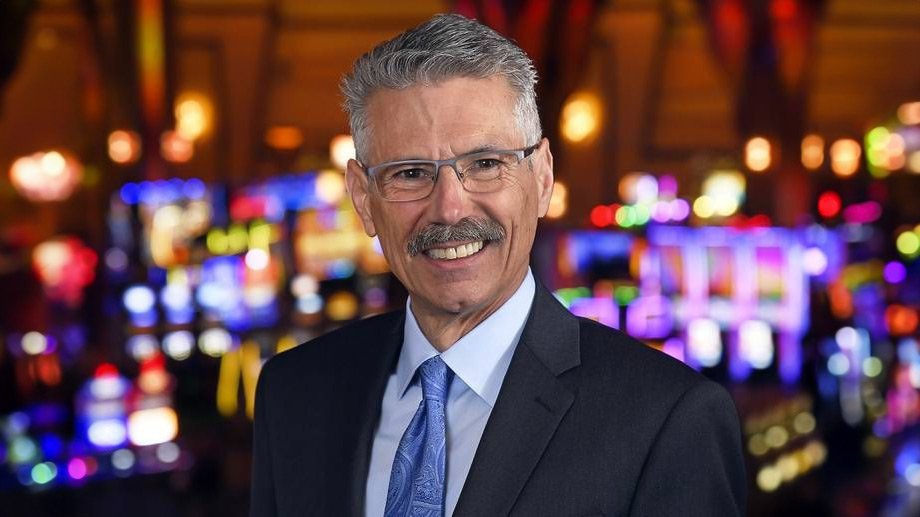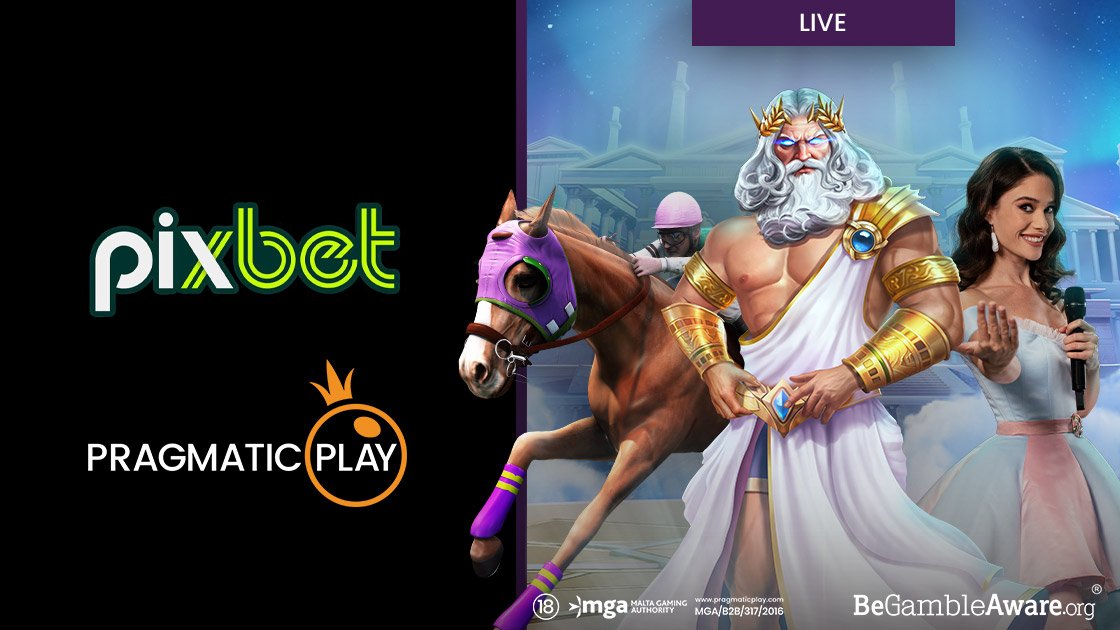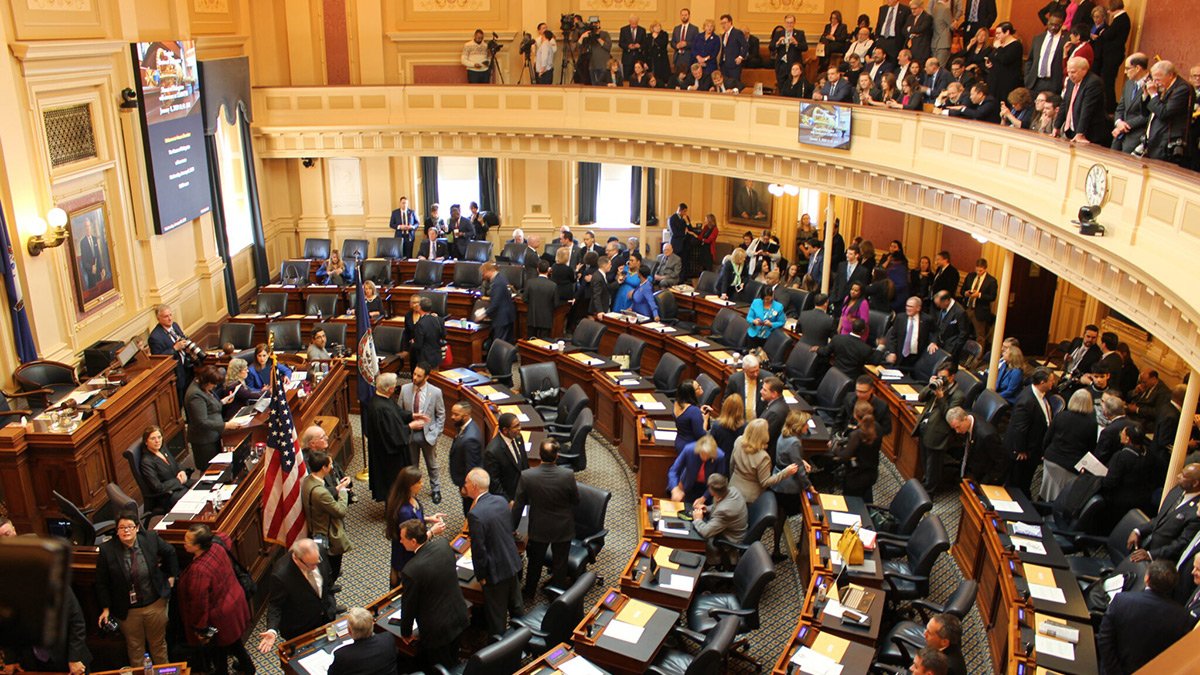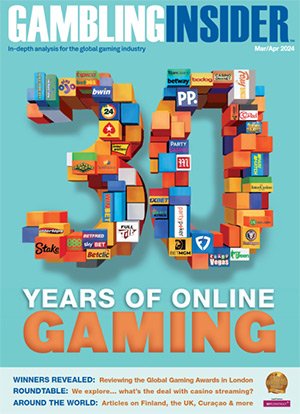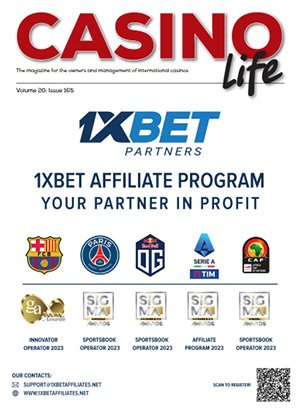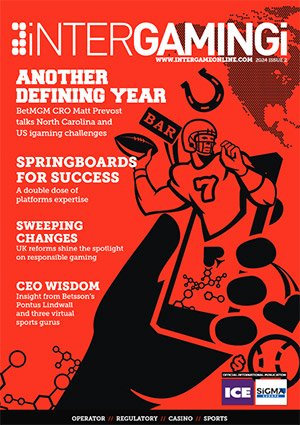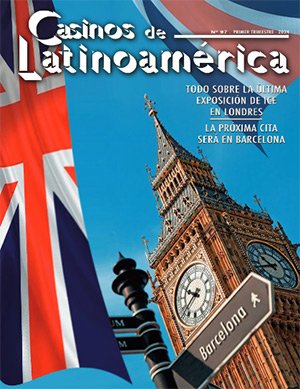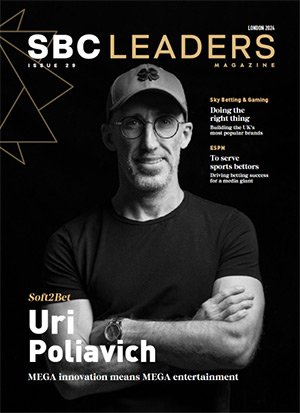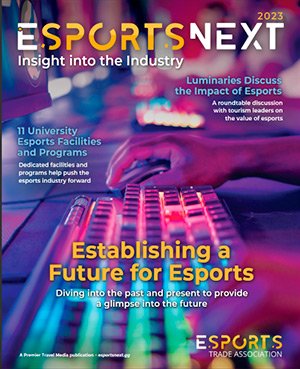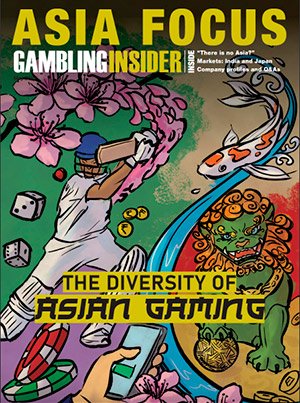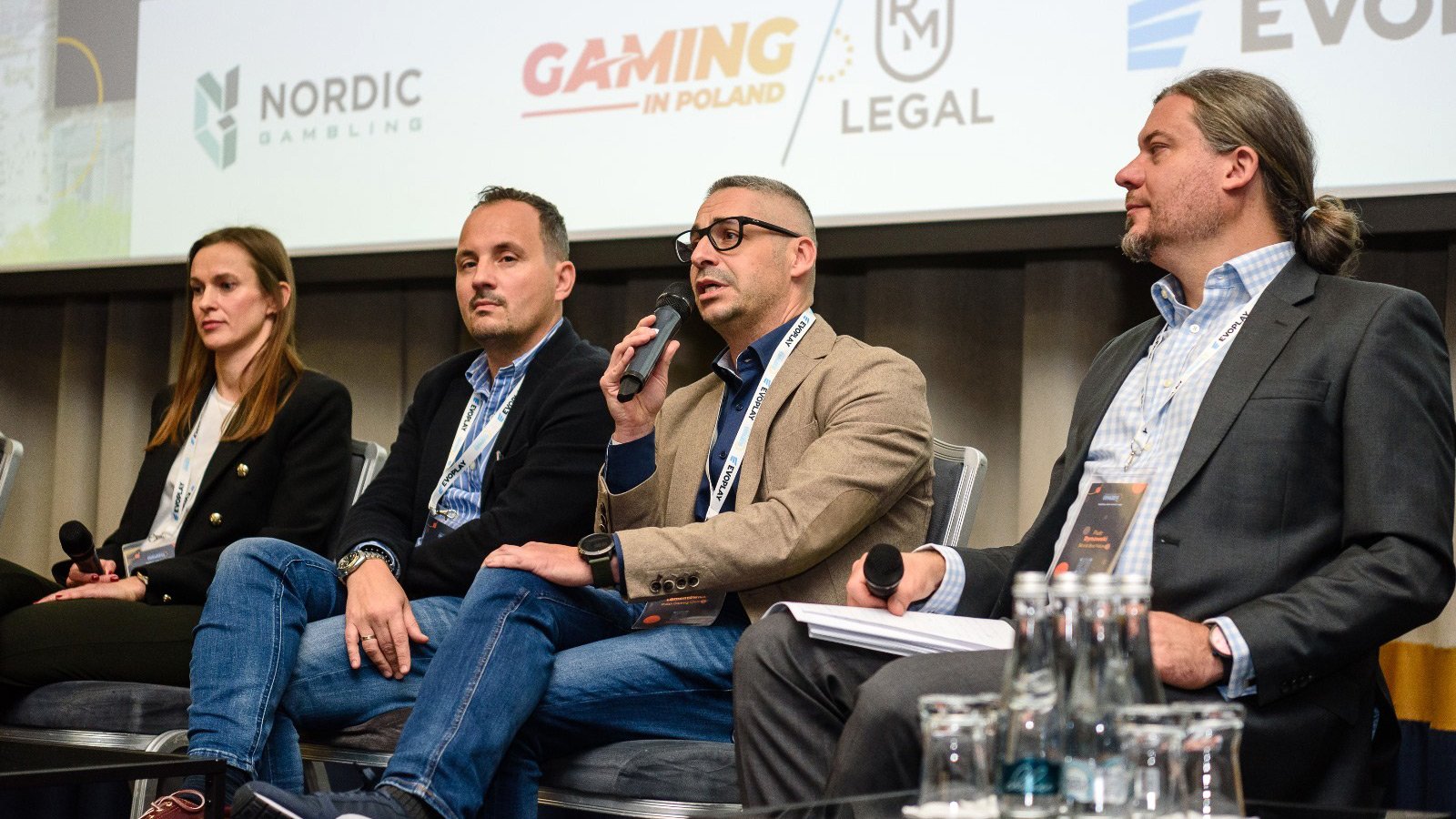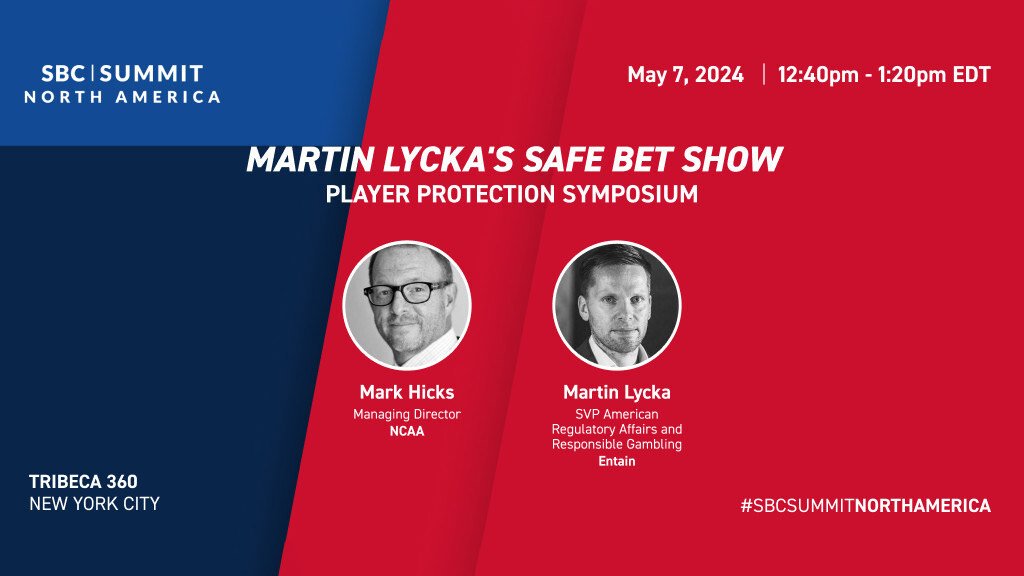UK: GambleAware report reveals complex nature of gambling advertising exposure to children, young people and vulnerable individuals

The research, which is the first of its kind in Great Britain, was carried out by two consortia led by Ipsos MORI and the Institute for Social Marketing at the University of Stirling. The research is also part of the UK Gambling Commission’s research program and forms a key part of the National Strategy to Reduce Gambling Harms.
The interim results found that, between 2015-2018, the volume and spend on gambling marketing and advertising is on the rise across different forms of media, including TV and radio, with lotteries and bookmakers among the top spenders. Sports advertising was particularly dominant online, with exposure compounded further by sponsorship used within broadcasts of live events.
Children, young people and vulnerable individuals who took part in focus group discussions for the study highlighted the prevalence of gambling advertising on TV (including during the day), on social media, on the high street and at point of sales in shops. The emergence of new sectors such as eSports presents a new set of challenges in terms of managing exposure to gambling.
In addition to advertising and marketing, the researchers identified other factors contributing to the wide exposure of gambling within society, including the role of family and friends in introducing them to gambling. Many revealed they had experienced exposure to gambling activity from an early age in a range of settings.
Within the data captured, the research found no examples of gambling adverts being placed within children’s media, including the most popular children’s websites. However, researchers judged much of the content contained features which might plausibly appeal directly to children and young people, including celebrity endorsement, memorable songs, and catchphrases. Content which may appeal to children and young people was found in 11% of gambling adverts in the mainstream media; this was as high as 59% of eSports gambling content on Twitter – largely due to the use of animated style graphics.
Furthermore, the research found that children are currently not being actively screened out from receiving online gambling adverts and are able to follow and engage with betting-related accounts on Twitter. This suggests that more could be done with existing technology to manage what children are exposed to.
Across the board, there were mixed levels of awareness and understanding of messages relating to risk or safer gambling among participants. The research also identified little evidence of prominent consumer protection messages – such as age warnings or promotion of lower-risk gambling. Therefore, more could be done to clearly highlight the risks of gambling within advertising and marketing.
In light of this, researchers found that some advertising may exploit the susceptibility, inexperience or lack of knowledge of children, young people or vulnerable adults. Over a fifth (22%) of mainstream media adverts were judged to contain features such as implied limited risk or inflated chances of winning; this rose to 37% on Twitter.
The final phase of the research and subsequent findings will focus more on the impact of gambling marketing and advertising and will be published later in 2019. The outcome of today’s stakeholder event, which presents an opportunity to discuss and build on some of the key issues that have emerged, will also be released later this year.
New research into gambling advertising looks at exposure among children, young people and vulnerable individuals. The research led by Gamble Aware is a key part of the National Strategy to Reduce Gambling Harms. #fairerandsafer https://t.co/SEfiYKx4lC pic.twitter.com/6CMvGerhvt
— Gambling Commission (@GamRegGB) 9 de julio de 2019
Marc Etches, CEO of GambleAware has said: "This is an interim report, and as such it is too early to judge the impact of exposure to gambling advertising and marketing on children, young people and vulnerable adults. Nevertheless, the research does make important recommendations, including the need for clearer and more regular messages on gambling adverts of the risks associated with gambling, and the need to strengthen age verification processes on social media platforms."
Ian Angus from the Gambling Commission has said: "We welcome the publication of this interim report which contributes towards the delivery of the recently launched National Strategy to Reduce Gambling Harms. This research takes a significant step to address gaps in understanding of this issue and provides a clearer picture of the volume, tone and content of gambling advertising and sponsorship in Great Britain, and the extent to which children, young people and vulnerable adults are exposed to it. We await the findings of the second phase report with interest. In the meantime, we are pleased to see that the report identifies clear areas for action that gambling firms can take now and we therefore expect them to redouble their efforts to address public concerns about the volume and nature of gambling advertising and sport sponsorship."
Steven Ginnis, Research Director at Ipsos MORI has said: "The research identifies the multiple touchpoints through which children, young people and vulnerable adults come in to contact with gambling marketing and advertising. This stretches from the high street to the lounge and isn’t just restricted to sports. The impact of this exposure will be fully explored in our second report. Participants in the research also spoke of a wide range of themes and features that they find appealing in gambling advertising; these features are more commonplace than the use of child-friendly images or phrases, for example the use of celebrities or the use of financial offers. This requires a more nuanced discussion of how best to mitigate against the risks of exposure, appeal and susceptibility to gambling advertising among these groups."


